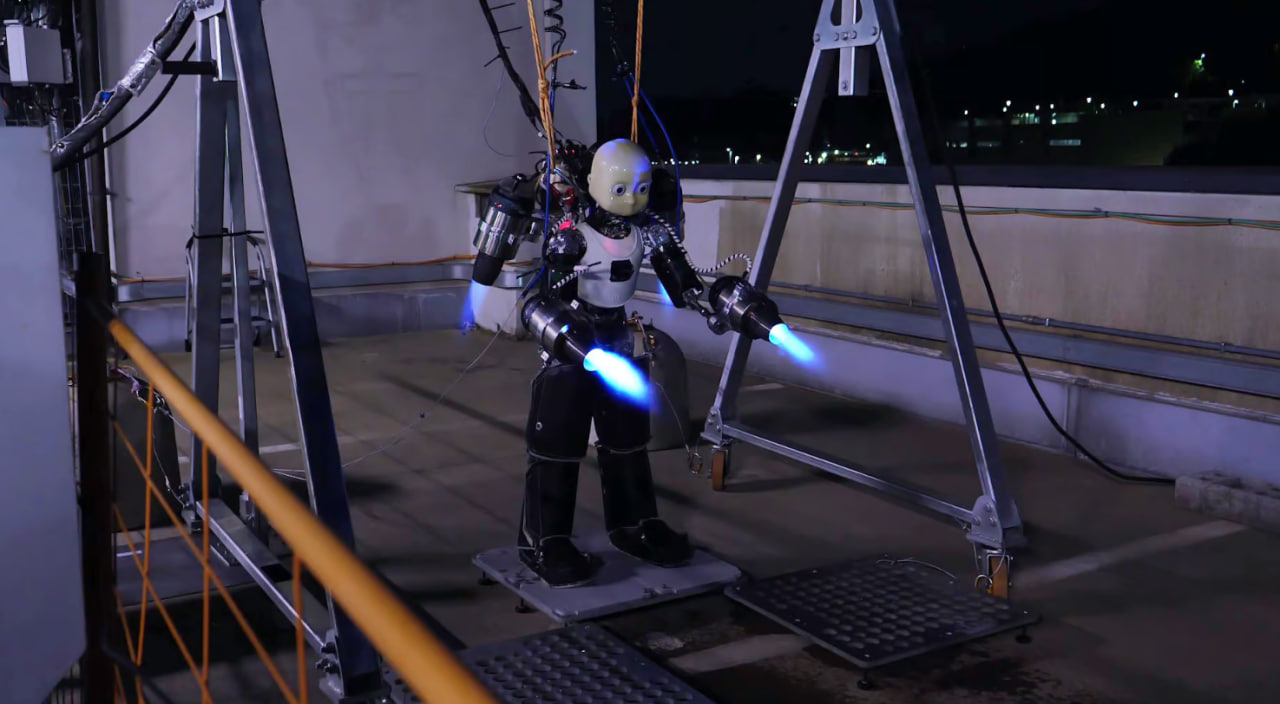In the ever-evolving landscape of technology and commerce, the clash between innovation and tradition is a timeless narrative. From the advent of the printing press to the rise of the internet age, disruptive innovations have consistently challenged the status quo, eliciting resistance and pushback from established industries.
Consider the disruptors of recent decades: Uber revolutionized transportation, much to the chagrin of traditional taxi companies. AirBnB disrupted the hospitality industry, drawing ire from established hotel chains. Amazon transformed the retail landscape, posing a threat to brick-and-mortar bookshops. Netflix revolutionized entertainment, unsettling traditional cinema and theater establishments. Bitcoin emerged as a decentralized currency, unsettling the traditional banking sector. Smartphones rendered standalone cameras obsolete. Google redefined access to information, challenging the dominance of encyclopedias.
In each case, the arrival of these disruptive technologies and platforms was met with skepticism, resistance, and even hostility from entrenched incumbents. Traditional industries, accustomed to operating within established frameworks and business models, often view innovation as a threat to their livelihoods and market dominance.
However, history has shown that innovation is an unstoppable force, driving progress and reshaping industries in its wake. Despite initial resistance, disruptive technologies have ultimately prevailed, transforming the way we live, work, and interact with the world around us.
While traditional industries may resent the encroachment of innovation, adaptation is often the key to survival in a rapidly changing marketplace. Embracing innovation, rather than resisting it, presents opportunities for growth, evolution, and staying relevant in an increasingly digital world.
As the saying goes, "Innovate or die." In an era defined by technological advancement and rapid change, the ability to adapt and embrace innovation is essential for both businesses and industries alike. The future belongs to those who are willing to embrace change, disrupt the status quo, and chart new paths forward in the ever-shifting landscape of commerce and technology.


















